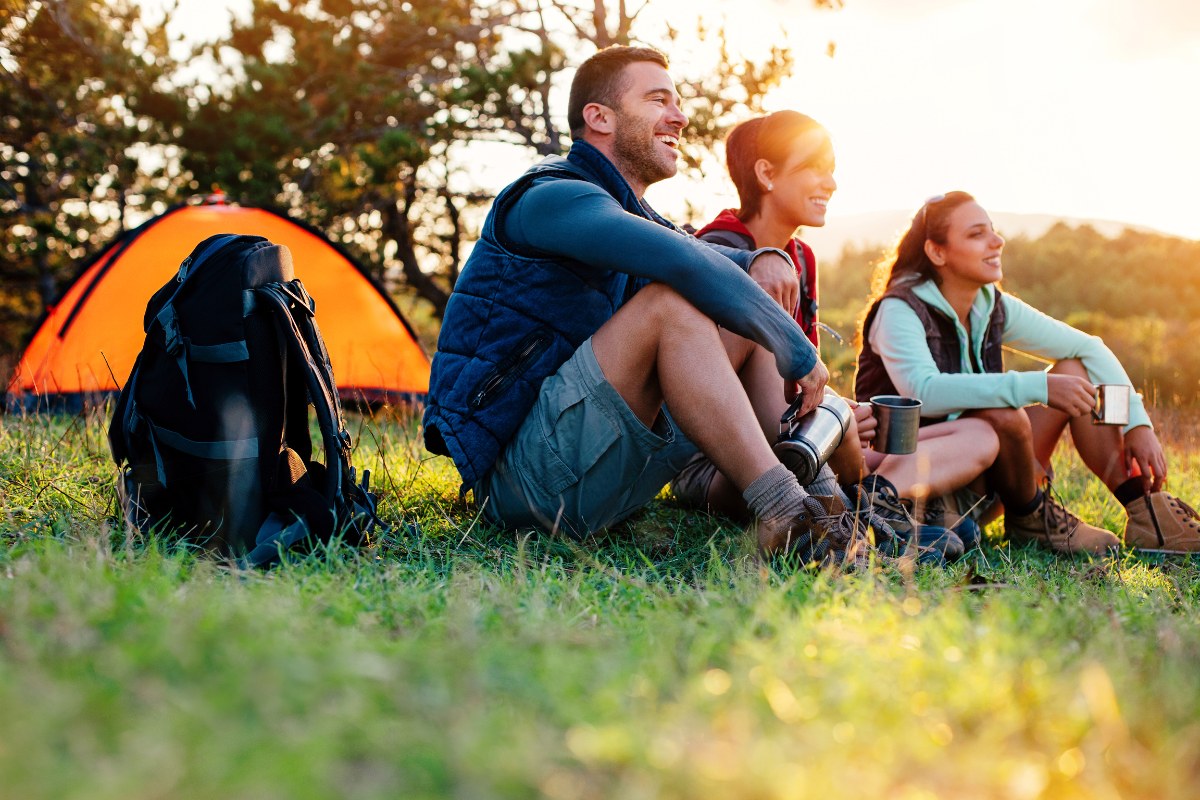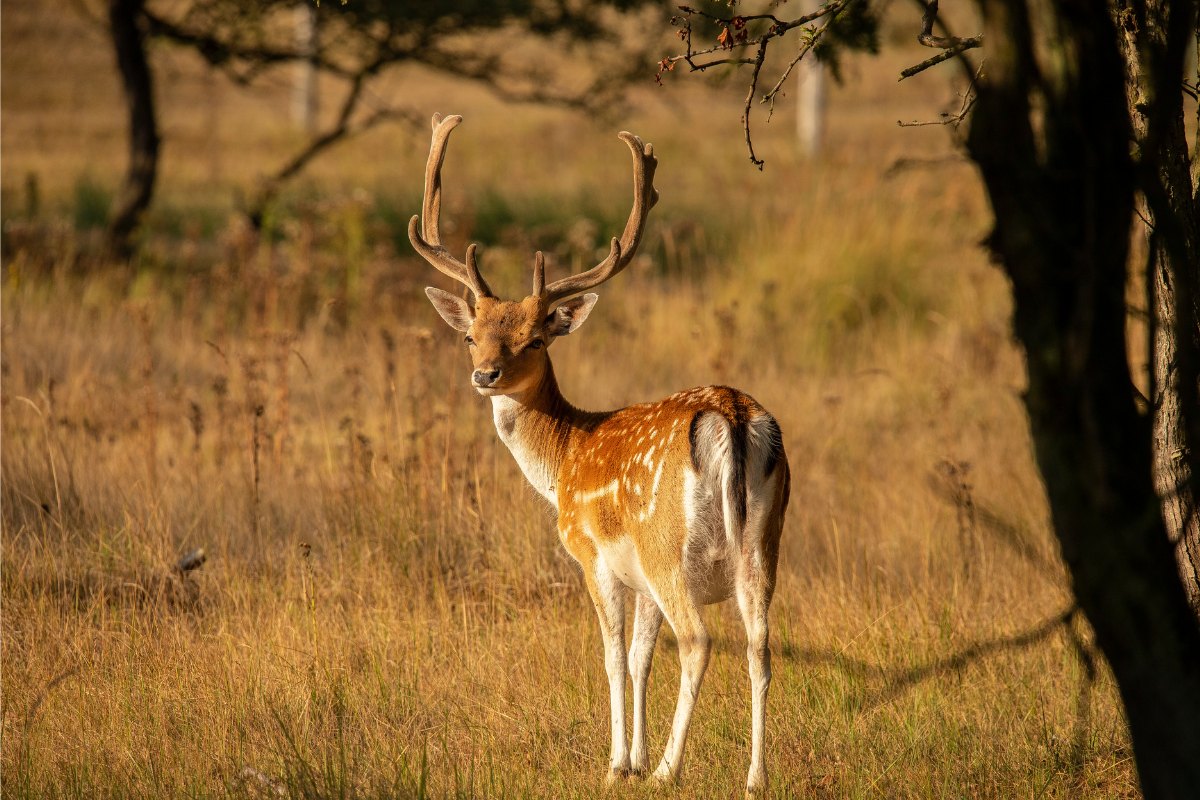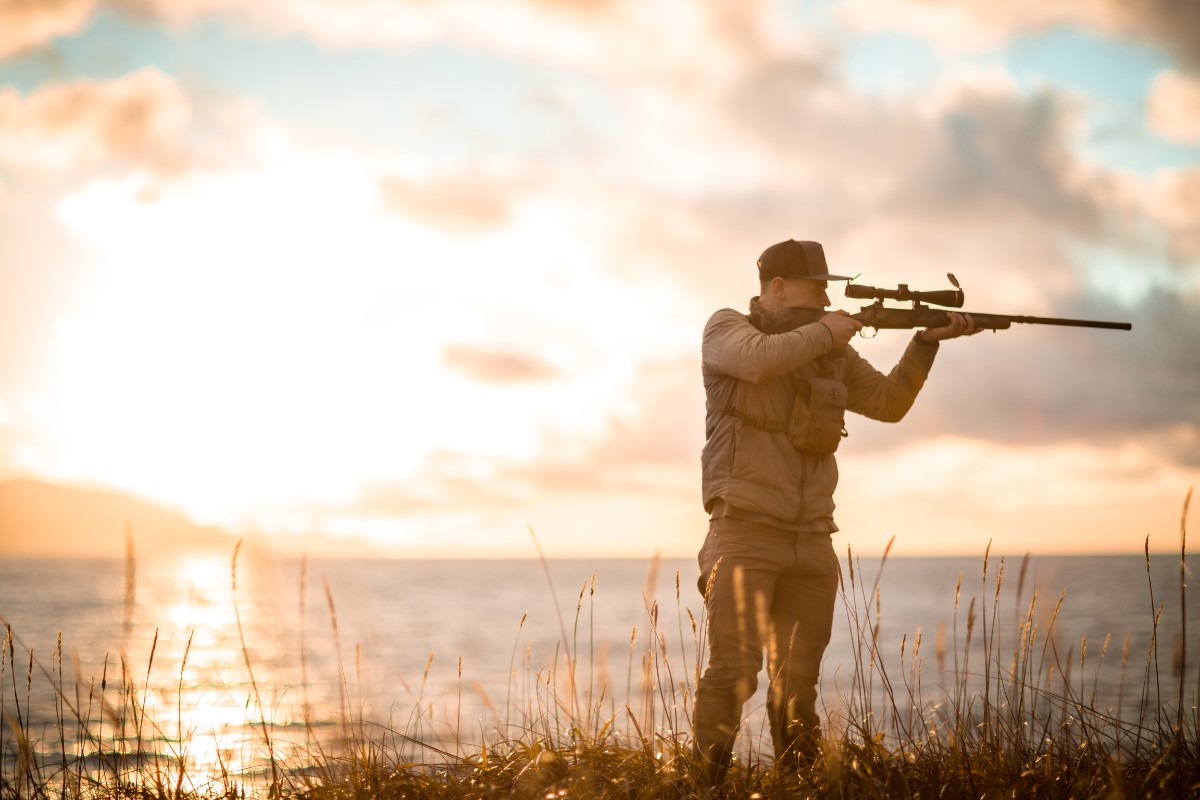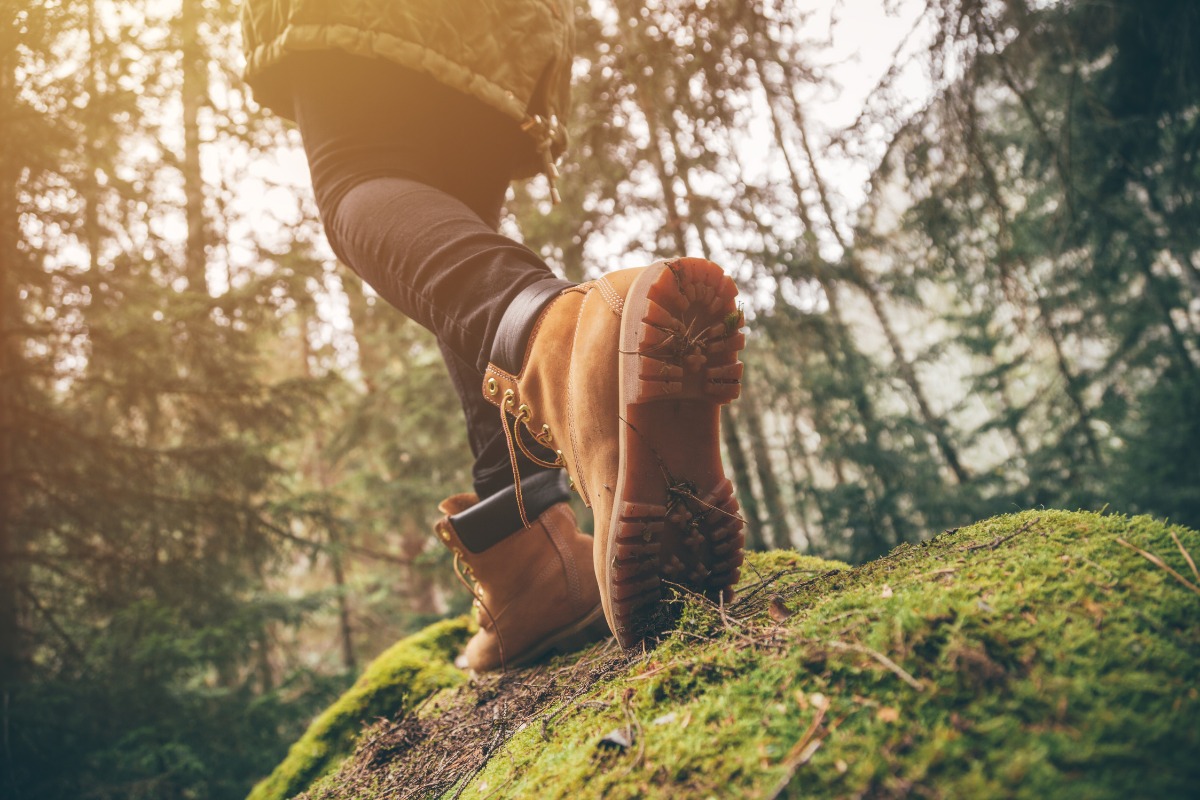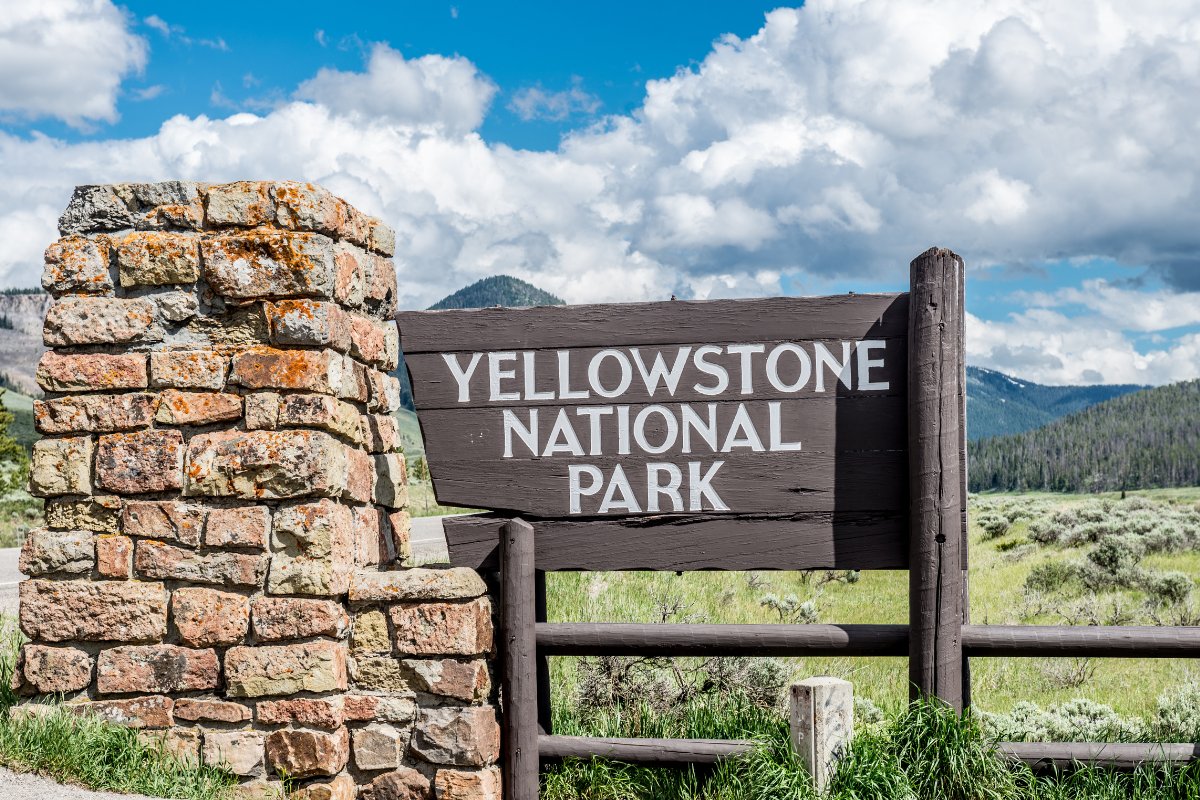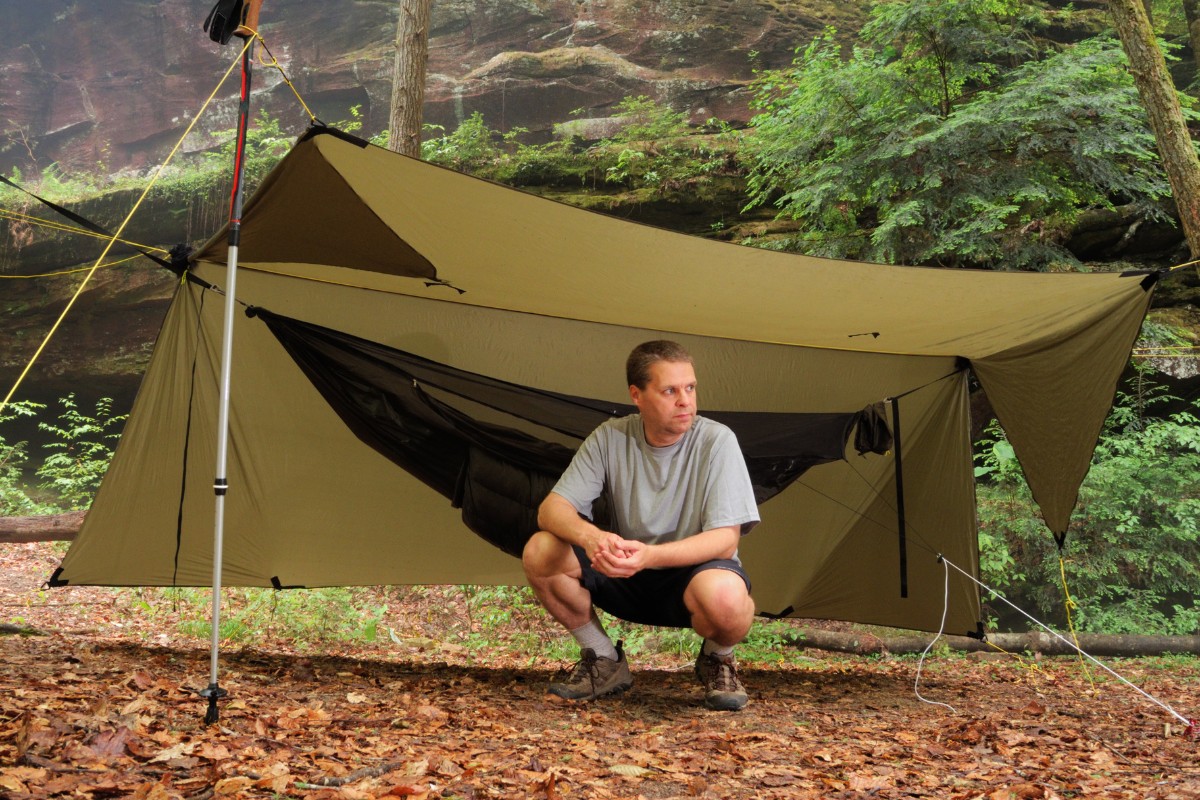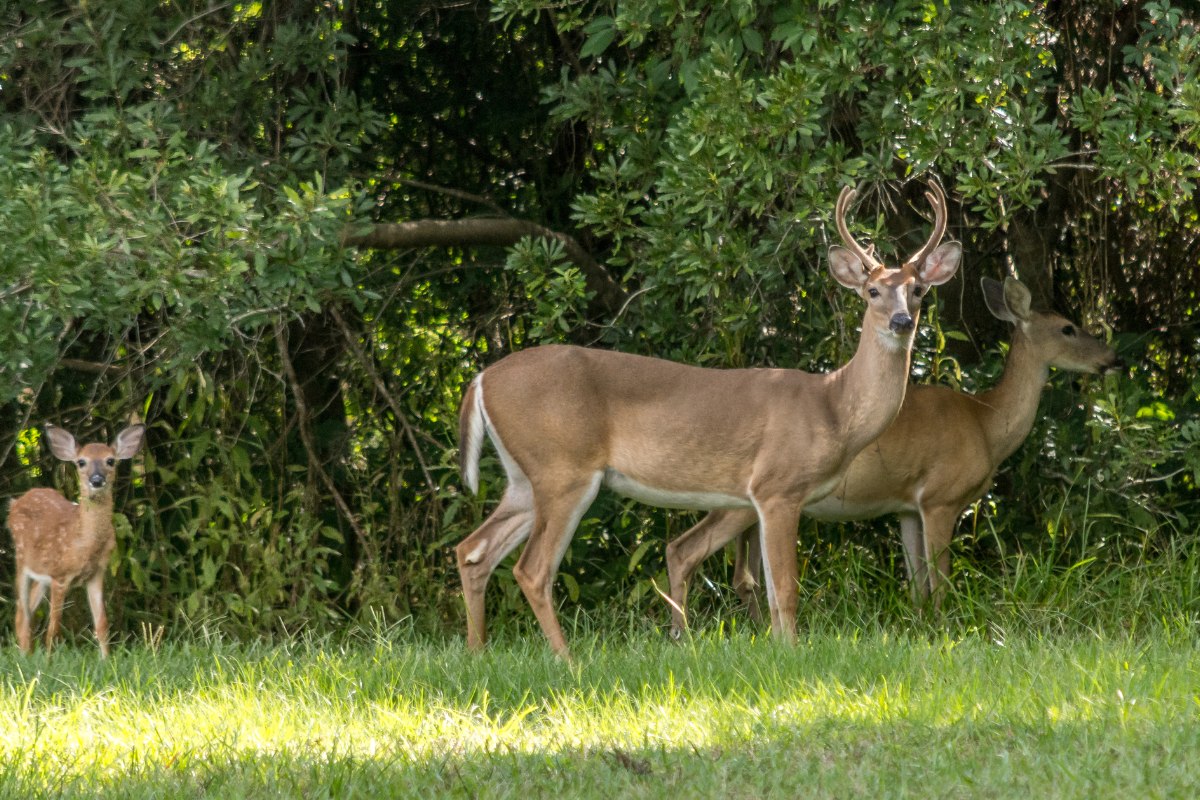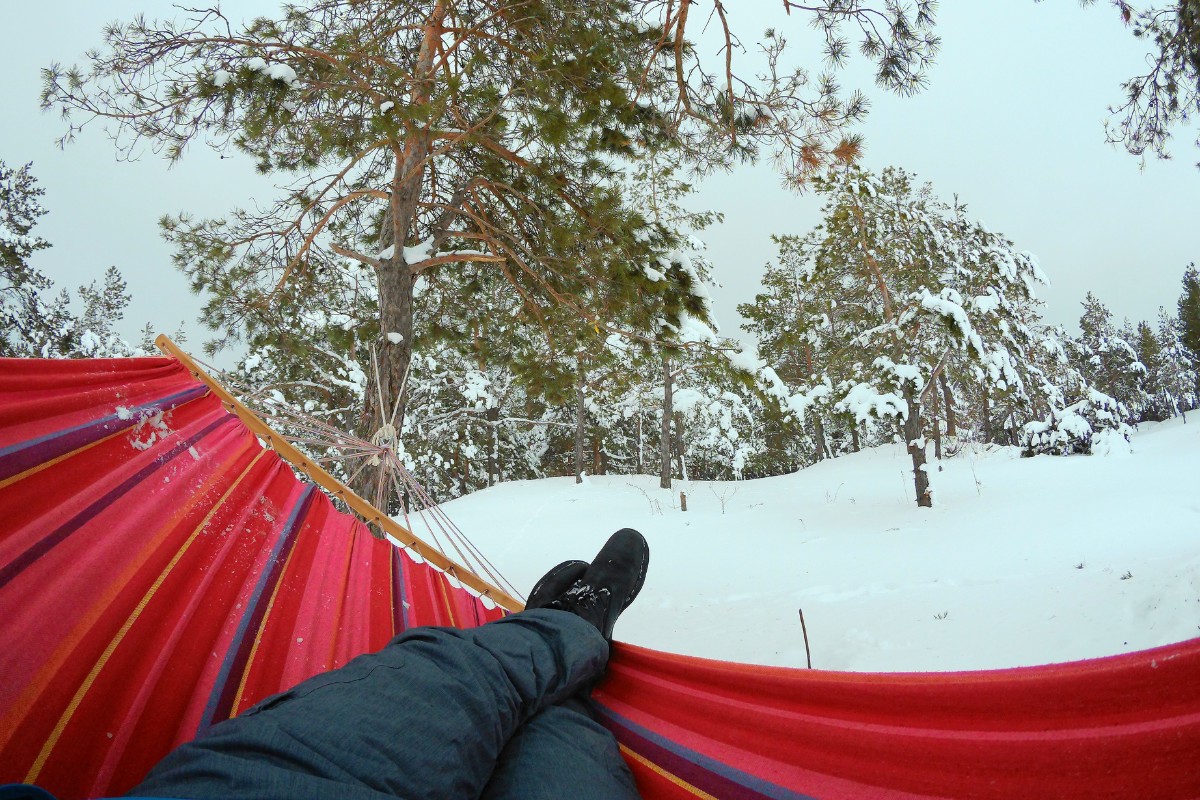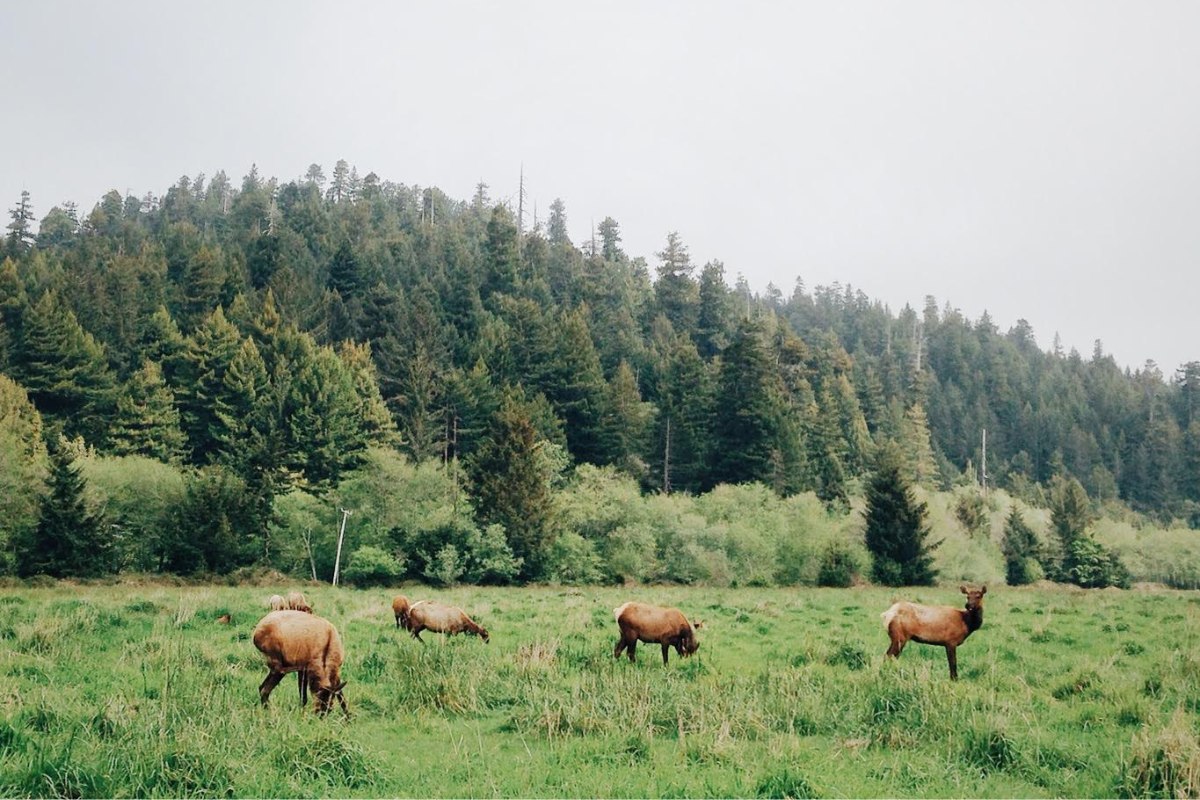Camping is all about fun and adventure. Exploring the outdoors can be an exciting activity that you can share with your friends or family. But camping is not only fun as there are many dangers associated with it. It really takes lots of common sense to be safe and secure from the weather and wildlife in the desolate camping grounds at night. You should be aware of the difficulties that can occur and spoil your camping mood.
Here are some camping tips that will be really helpful for the beginners.
Research Completely for the Camping Grounds
It is very crucial to research and know the camping grounds well in advance so that you may not suffer any problems later. The beginner should not choose a campground from the directory. You should look into several different campgrounds and while camping, remain close to the habitat areas that are also accessible by vehicles so that you may get any help in case of an emergency.
Make Reservations
After choosing your camping ground, make reservations online or by phone early. Do query about the cancellation policies or refunds.
Plan Ahead and Make Proper Arrangements
It is very important to plan ahead in order to make your camping successful. Make sure that you know how to go to the chosen site and what activities you should do on reaching. Create a perfect schedule and do not forget sleeping bags and your camping tent. Pack adequate camping food and beverages along with the clothes, map and first aid kit. Make sure you have enough lanterns by trying them in your backyard at night. The most important thing is to practice pitching your tent in the backyard, breaking it down and putting it away.
Ask for an Experienced Camper to Accompany You
If you are a beginner to experience camping, then take an experienced camper with you to make you feel safe during the camping. You should learn the essential tips and tricks from him to be safe and secure without getting panic. On your first trip as a camper, do what first-timers typically do. In choosing a camping site, never go deep into the forest or up a very high mountain. Never take bigger risks in your initial attempt.
Explore the Campsite
The camping site will not be as comfortable, safe or secure as your home, so you have to take extra precautions when you are camping outdoors. Find out the restrooms, showers and garbage areas. Place the tent on the highest ground at the campground and it should be erected sufficiently far away from a fire that sparks. It is also necessary to choose a camping ground that is reasonably leveled and should not be spiky or pebbled ground.
Food and Fire
Pay proper attention to food and take the instant camp food with you. Keep your food in sealed containers. Avoid snacking inside the tent and secure your cooler or large containers before sleeping. Also pay attention to the fire alerts in your area. Keep a bucket near your tent in case the fire gets out of control and keep your children and animals away from it.
Watch the Weather and Beware of Wildlife
You should not head towards the camping site when it is a bad weather. You can get live news from the radio also. There are poisonous animals and plants so you should protect yourself anyhow. Pack bug spray along with camping gear and do not put your campsite near poisonous plants.
Thus camping is a great experience for beginners. You should have that proper common sense while camping. Always make sure after camping that the campfire has been properly extinguished and the garbage is thrown in the receptacles.
